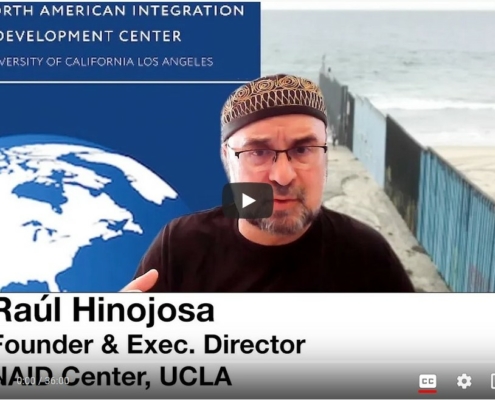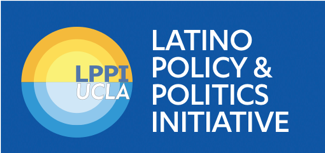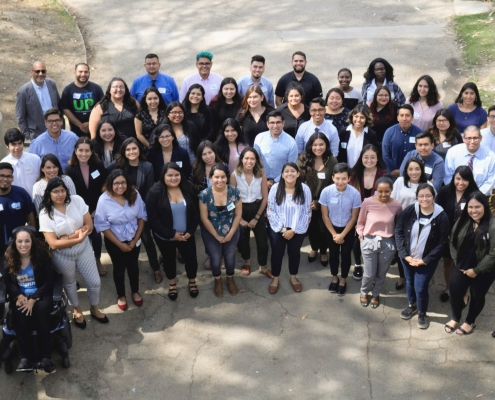Posts

LA Social Science Presents “Conversations with Changemakers” Featuring Dr. Raúl Hinojosa Discussing the Recent Conference Commemorating 25 Years of UCLA NAID Center’s Research & Innovation
LA Social Science recently interviewed Dr. Raúl Hinojosa,…

UCLA Report Reveals Economic Uncertainty for Latino Neighborhoods During Pandemic
UCLA's Latino Policy and Politics Initiative (LPPI) in partnership…

Open Letter on Inequities and the COVID-19 Response
Professors Chandra L. Ford (UCLA), Bita Amani (Charles Drew…

Dream Summer 2018: Engaging and Developing Immigrant Youth Leadership
By Abel Valenzuela Jr. Professor and Director of the UCLA…

